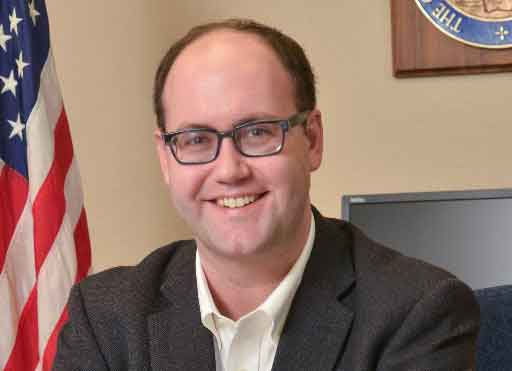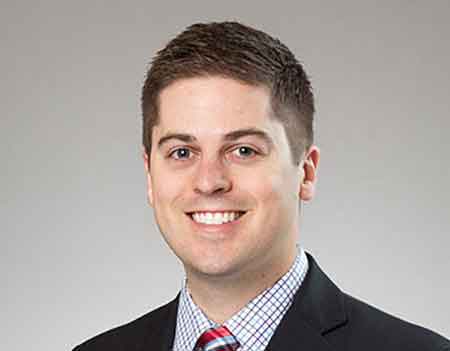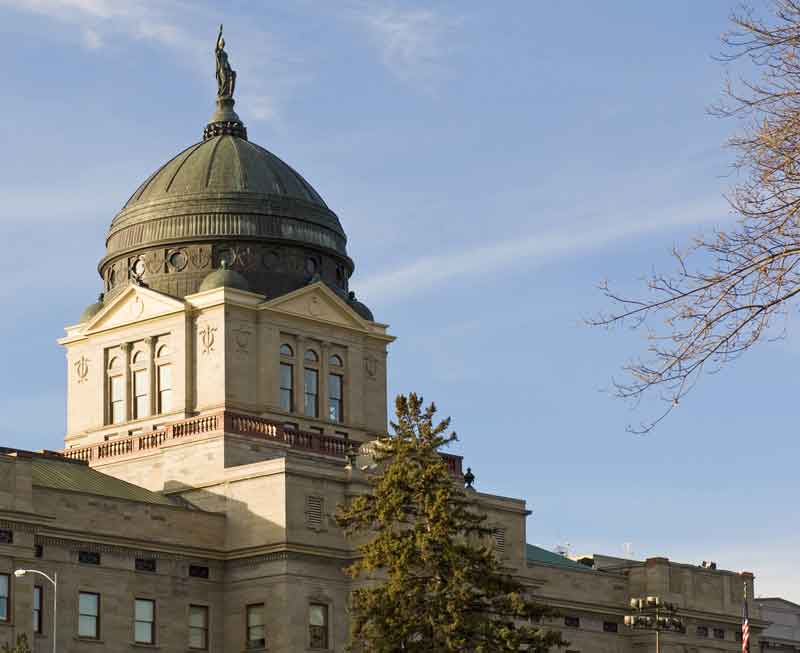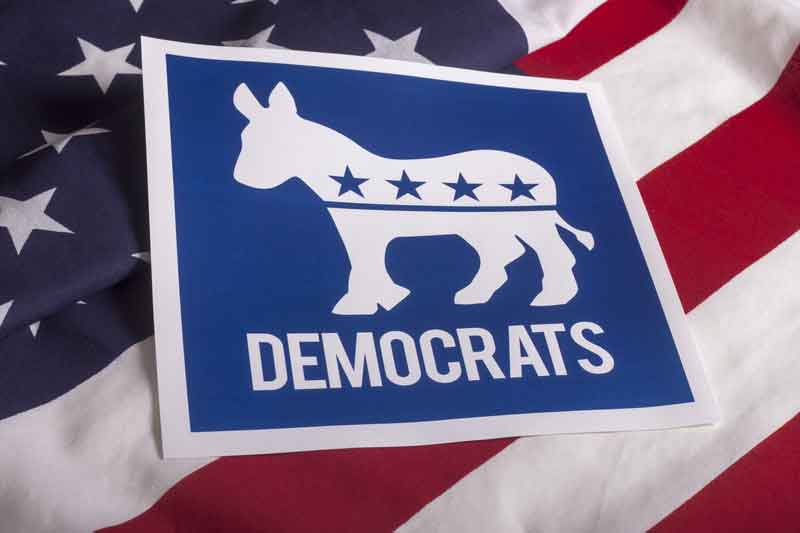If you want to visit Ground Zero in the intra-GOP debate about what private businesses owe the society that has been built around them, look no further than Montana’s Senate Bill 338. It specifies that when a coal plant above a certain size in Montana closes, as two units of the Colstrip Generating Station in…
Category: 2017 Legislature
Poll: Do You Support A State Tax Increase On Gas And Diesel?
Local government officials from throughout Montana, including ours here in Great Falls, are pushing the Legislature to pass an 8-cent tax increase on gasoline, as well as a 7.25-cent increase (both figures per gallon) to the state’s diesel tax. The bill at issue, HB 473, sponsored by Rep. Frank Garner, R-Kalispell, was introduced in the House Transportation Committee on…
More “Alternative Facts” In The Great Falls Tribune?
Has anyone else noticed a pattern in the Great Falls Tribune’s education beat? Do you recall its blatantly inaccurate coverage a couple weeks ago? In an article about this Tuesday night’s GFPS budget meeting, Trib reporter Sarah Dettmer pointed to rising K-8 enrollment, but less high school students in the district this year: According to the final 2016-2017 school…
Adam Hertz Might Be Our New Favorite Legislator
Rep. Adam Hertz is the man. He’s young, he’s smart, and he’s getting things done in Helena. (Two of his bills, HB 297 and HB 300, were passed out of committee unanimously.) Before entering the Legislature, Hertz served a term on the Missoula City Council, where he opposed Missoula’s unconstitutional gun ordinance. As a fiscal conservative, he found himself…
Trebas’ Bill Defeated In The House
Rep. Jeremy Trebas’ bill to ban municipal cell phone bans died in its second reading Tuesday night by a 63-37 vote. Whether or not one agrees with the practice of singling out gabby drivers (versus, say, hungry drivers who snack behind the wheel, or any other type of distracted drivers), we argued that because virtually every other driving-related offense is codified…
Tribune, Bronson To Legislature: Just Trust Us
The Great Falls Tribune got its smarm on today in dissing Rep. Jeremy Trebas: Somebody might want to pick up the phone and remind Jeremy Trebas that as a Republican, he’s supposed to be for small government and local control. This type of rhetoric is always rich. The Trib’s editors are not Republicans. They’re just happy…
Do Democrats Care About State Employees?
Montana House Rep. Kirk Wagoner, R-Montana City, wants to protect public employees who blow the whistle on government misconduct. He has introduced two bills, HB 202 and HB 208, “that would criminalize attempts by supervisors to retaliate against state employees who report corruption,” attorney and former Rep. Matthew Monforton, R-Bozeman writes. While Wagoner’s proposals — in lockstep…
Great Falls Police Chief Weighs In On Trebas Cell Phone Bill
Today, the Montana House Judiciary Committee heard testimony on HB 194, a bill sponsored by Rep. Jeremy Trebas, R-Great Falls, that would prohibit local governments from imposing “restrictions on [the] use of mobile communications devices while operating a motor vehicle.” We published Trebas’ prepared remarks two days ago. In testimony opposing Trebas’ bill, City Commissioner Bill Bronson included a letter from…
Rep. Trebas: Cell Phone Bans Don’t Work
Rep. Jeremy Trebas, R-Great Falls (HD-25), submitted to us testimony he will add to to the House Judiciary Committee on Tuesday, January 17, at 8:00 a.m. Here is the full text: Mr. Chairman and Members of the Committee, Today I am presenting a unique bill to you, House Bill number 194. It is unique because it goes in…
Replacing Mary Moe
With Mary Moe’s resignation from SD-12 imminent, Cascade County Democrats must submit three names to the Cascade County Commission, which will then appoint Moe’s replacement to the Legislature. From the Central Committee’s website, here is the latest list of interested names: Mike Henning Garrett Lankford Bob Moretti Carlie Boland Zach Angstead Ron Szabo Don Ryan…










